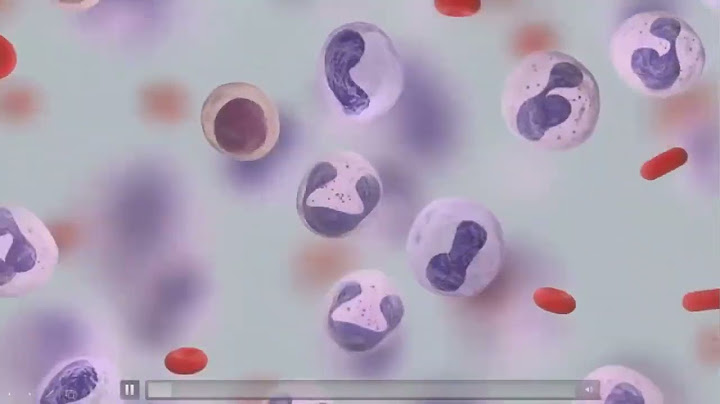In a landscape of change, we have a desire to expect happy endings like in fairy tales, but we have to make the transformation or risk others getting ahead. We’re all enormously influenced by the stories we heard as children, even as adults. Psychological theory states that we are, perhaps, more influenced by the stories that we have forgotten than the ones we remember; more in thrall to our unconscious, the stories from our very earliest years, than from the myths and tales that we can remember. In 2010, there was an increase in girls under the age of 10 being taken to hospital for salmonella after the release of The Princess and the Frog led to children kissing frogs in the US. (Not only did the children get ill from this, there were absolutely no princes reported.) The old story tells of the transformation of a frog into a prince as the kiss of the princess undoes the curse of a wicked witch. Those children who became sick would have learned a lesson about transformation that will useful in later life. There are no guarantees; there is little certainty. Your best efforts might deliver a prince; probably they might deliver only a slightly moist frog. Every business is undergoing disruption. Even the disruptors from the past two decades now fear disruption. It is crucial to have a transformation programme that gets ahead of the consequences of change – change in consumers, tech and competition. Consumers’ expectations keep growing, so it isn’t possible to stick with traditional practices. Jeff Bezos famously said that Amazon’s role is to serve the beautifully dissatisfied customer. Everyone’s expectation of customer service is now as high as their best-ever customer-service experience. Even if it is in a different sector. Can your business transform and give the customer more than they currently expect before someone else does? Business models that have relied on heritage revenue that has been in decline need to embrace new models of growing their income. Relying on cuts to protect the bottom line is short-term. Every business needs a transformation work stream that looks for and commits to innovation for growth. Media habits are continuing to change quickly and the norms for the under-25s are vastly different to those of their elders, as the new IPA TouchPoints survey illustrates. It is not enough to hope that change will stabilise. Media planning must protect the brand’s saliency among this cohort for the future. With transformation comes some uncertainty – more than some people want to have to deal with. It means trying out new things before you know the outcomes. Being agile and flexible in the business plan. This can be hard, especially for those who don’t like change. One way to deal with this discomfort is to understand that some of the desire for a certain happy ending comes from our childhood influences. Everyone is influenced by the stories that they heard as children. In The Loudest Duck: Moving Beyond Diversity While Embracing Differences to Achieve Success at Work, Laura Liswood explains that many of our deepest beliefs come from early years and from our families. She suggests that a time comes, however, when we all need to "tell grandmother to go home". We all take our unconscious selves to the workplace, bringing beliefs, perceptions, understandings, misunderstandings and importantly archetypes – or, indeed, stereotypes – of other people, based often on very deep-rooted understandings picked up from our parents and grandparents. So there remains an expectation that if we kiss the frog it will transform into a prince. That a bloke on a white horse will ride up and slay the dragon. That whatever the difficulties, it will all end happily ever after. That the superhero will win the day and make right what is wrong. Transformation isn’t this simple. Change is necessary. It can be clear what we need to change from; the specific outcomes that you will get are sometimes less clear. If you’re waiting to press "go" on transformation, until you have the "from/to" nailed then you will probably be waiting while your competition overtakes you and a disruptor takes your business model from under you. One of the reasons young readers like a certain title is that they are "in the know" about it. "The Princess and the Frogs" is one of those stories. From the title, children can guess there is something going on that involves kissing and princes. Veteran story book readers know you have to kiss a lot of frogs to find a prince, right? A twist on the usual plot makes today's selection a read-aloud winner. The princess in this book, whose name is Cassandra, does not want a prince. She wants a pet, a pet frog, to be exact. Can you forecast where the problem might come in? Hint: What should Princess Cassandra not do under any circumstances if she wants her potential pets to remain worthy of the name Froggy? She can't kiss them, of course! In Fairy Tale Land, all kissed frogs transform themselves into princes. Call it a trope. The Royal Pet Handler searched mountains and valleys, rivers and streams, until he discovered a little green frog with bumpy brown spots for the princess to love. "He's perfect!" Cassandra declared. The princess and the frog raced through the castle, jumped rope in the courtyard and sampled treats in the kitchen. After dinner, Cassandra tucked her new best friend into bed. "Good night, Froggy." She kissed his bumpy green head. Whoosh! The frog turned into a prince… She laughed, "Princes aren't pets. I want a frog!" And she sent him to work as the Royal Pastry Chef. Due to the unavoidable though predictable turn of events, the Royal Pet Handler must scour the countryside for another frog. He finds one. This time, it is a shiny green frog. Cassandra and the frog spend the day leaping across the moat, gathering lilies from the pond and visiting the horses in the stables. At this point in the story, Cassandra tucks her new friend into bed. Those who are in the know will start screaming, "Don't kiss the frog good night." Unlike wise readers who are in the know about kisses transforming frogs into princes, Cassandra remains oblivious. Whoosh! She loses another best friend. Word of Cassandra's search spread, and one by one, the people brought frogs to the palace. Big frogs. Small frogs. Fat frogs. Thin frogs. But each turned into a prince when Cassandra kissed it good night. Soon, she ran out of jobs for them. Fed up with the frogs that people bring to the castle and giving up hope that the Royal Pet Handler will ever find a suitable candidate for best friend, Cassandra commences on her own journey to find a suitable permanent Froggy. As readers listen to the pages about her search, they are likely to ask the adult reading the story aloud. "Why doesn't she just not kiss the frog good night?" There is never a suitable explanation in the book. Perhaps it is because this is Fairy Tale Land, and princesses always end up kissing the frogs. Rather than finding the situation, which has an obvious solution, frustrating, young readers are likely to think of the plight of Cassandra as a page turner with a hard-to-predict ending. (Just how is a princess supposed to keep a frog as a best friend?). |




















